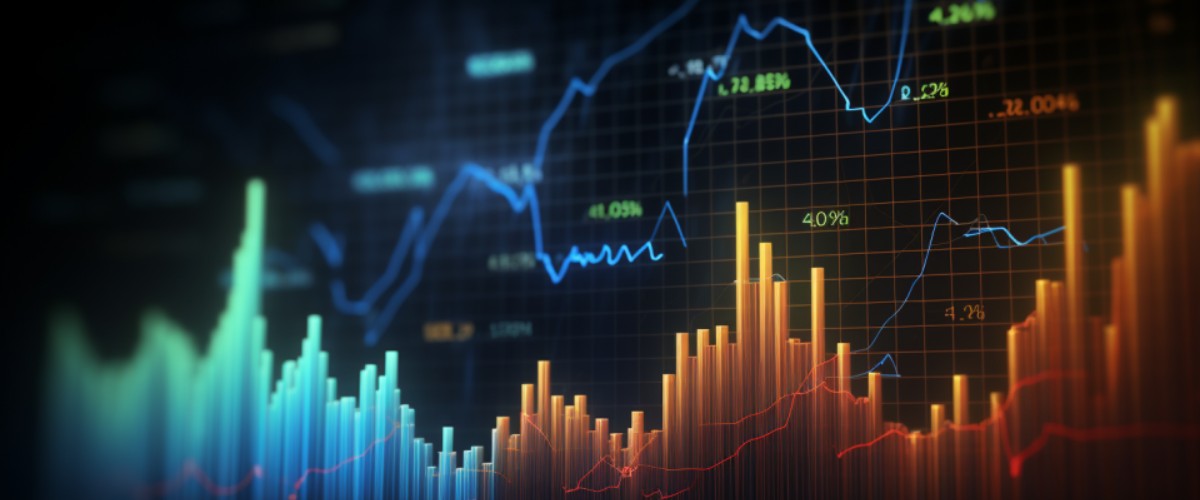Hello everyone, it’s brilliant to have you here!
Today, we’re going to chat about a topic that might seem a bit complex at first, but I promise you, it’s as intriguing as a safari adventure in Kruger National Park. Let’s talk about exchange rates! You might be thinking, “Really, exchange rates? Intriguing?” But trust me, as we dissect this financial animal, you’ll discover that understanding what influences exchange rates is like discovering the hidden paths in our beautiful African bushveld.
Now, let’s say you’re planning a trip to the UK. One day you check the exchange rate and you can get 50 British Pounds for your hard-earned 1000 Rand. A few days later, it’s 45 Pounds. You wonder, “What on earth is happening? Why this wild dance?” Well, that’s our journey for today, folks!
Let’s dive into the factors that make our Rand bob and weave against other currencies like a seasoned boxer.
1. Inflation
Let’s start with a word you’ve probably heard a lot: Inflation. Picture it like this, if you had a braai last year and it cost you R100 for all the boerewors and chops, but this year it costs R110 for the same goods, that’s inflation. When inflation is low, a country’s currency value tends to rise as the purchasing power of the currency is stronger compared to other countries. That’s good news for our trip to the UK, as your Rand goes further.
2. Interest Rates
Next up, we have interest rates. Think of them as the price of borrowing money. When South Africa’s interest rates are high, it’s like the Rand is offering an exciting wildlife tour. It attracts investors looking for a better return on their money, which increases demand for the Rand, and voila – our currency strengthens!
3. Economic Stability
Just like our beloved Boks need to be in top form to win, so does a country’s economy. If our economy is in good nick, with steady growth and low unemployment, it attracts foreign investors. They bring in their Dollars, Euros, or Yens to buy into our businesses and that increases demand for the Rand, making it stronger.
4. Political Stability
Imagine wanting to invest in a lodge, but the region where it’s situated is known for frequent wildfires. Bit risky, right? The same goes for countries. If a country is politically unstable, it might deter investors, causing the currency to weaken. The less drama, the better – both for our nerves and the Rand!
5. Trade Balance
Finally, let’s chat about trade balance. This is the difference between what we export (send out) and what we import (bring in). If we export more than we import, we have what’s called a trade surplus. This is great because it means more foreign businesses are paying us in their currency, which we then sell to get more of our Rands, thus strengthening our currency.
And there you have it, folks! The exchange rate mystery, untangled! Just like understanding the movement and habits of the majestic African elephant helps us protect it, so does understanding these key influencers help us navigate the world of foreign exchange.
So, next time you’re planning a trip, or investing overseas, keep an eye on these factors. They might just make the difference between affording that extra pint at a cosy British pub or upgrading to a suite on your next European cruise. Happy travels and happy trading, everyone!
Remember, knowledge is power, and every bit we learn helps us make better financial decisions for our future. So, keep exploring, keep learning, and let’s journey together in this vast financial wilderness.








